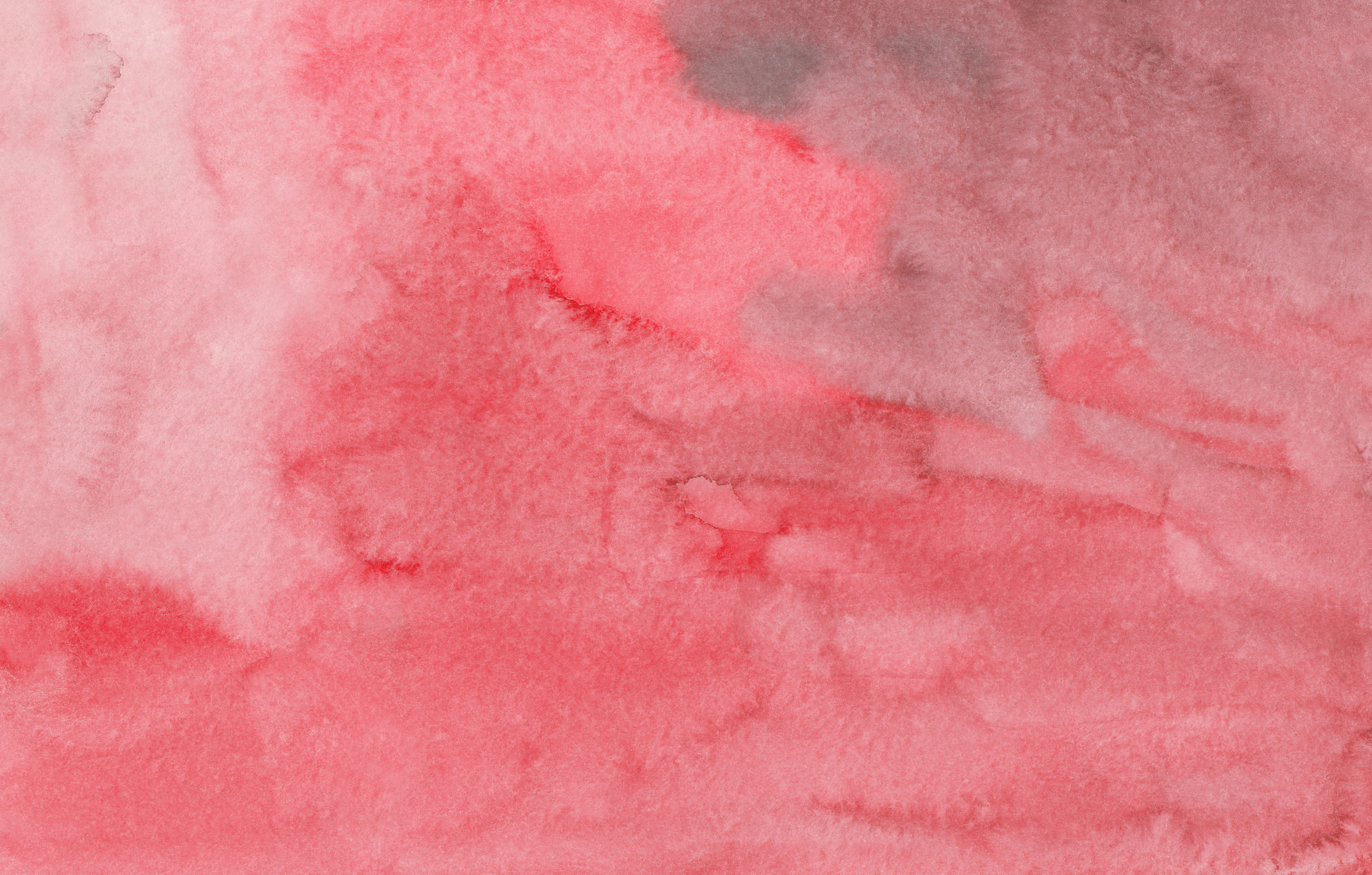When I started my journey in healthcare, I never thought I would end up as a pharmacist. I began with a Bachelor of Medical Science at ANU in Canberra, intending to pursue Medicine. At the time, I believed that becoming a doctor was the only way to truly help people — and helping people was all I ever wanted to do.
But during those three years, something shifted. I started to realise that care and impact aren't confined to one profession. Every job — medical or not — affects someone in some way. What matters is how we do it and the intention behind it. That realisation opened my mind to possibilities beyond Medicine.
I chose Pharmacy not because I dreamed of being a pharmacist, but for many practical reasons. It was a two-year graduate program at Monash, which meant less financial burden for my family. Dentistry was four years, and frankly, the idea of looking into people’s mouths every day wasn’t appealing. Optometry wasn’t an option for international students. Pharmacy seemed like a reasonable choice, especially since I had always enjoyed chemistry.
But I quickly learned that pharmacy wasn’t the chemistry-rich field I expected. It involved a lot of rote learning — drug names, doses, indications, mechanisms of action, side effects. It felt like biology all over again, and rote learning was something I had always struggled with.
Working part-time as a student pharmacist during those two years was even tougher. It was my first job ever, and I was thrown into the deep end — juggling customer service with clinical knowledge I had barely grasped. There were moments of frustration, tears, and self-doubt. But over time, I adapted. I became more comfortable with the systems, the medications, the flow of a retail pharmacy.
And that’s when I hit a wall.
After seven years in pharmacy, I can say this with honesty: retail pharmacy is deeply repetitive. You see the same prescriptions, have the same conversations, face the same issues — day in and day out. There’s little room for career progression unless you want to own a business. You can know a lot, but most of that knowledge rarely comes into play behind the counter.
A lot of pharmacists, including myself, appreciate that we’re seen as approachable and accessible. In theory, that’s what makes our role unique — we’re the most easily reached healthcare professionals, often available without appointments, ready to help with advice or reassurance. But in practice, many customers just want to take their medication and leave. They don’t necessarily value our input the way they would a doctor’s. And to be clear — this isn’t about wanting the authority or status of a doctor. It’s about feeling like your professional opinion and care don’t hold weight in the eyes of the community. That lack of appreciation makes the work feel thankless at times, and it takes a toll on your sense of purpose.

Still, there are moments that keep you going — moments that remind you why you chose healthcare in the first place.
Today, someone came in for a steroid cream. Most customers just want to grab it and leave. But when you take the time to start a conversation, you hear a story — about a trip they went on, what the doctor suspected, how long they’ve been dealing with the rash. Another day, a woman came in asking for a drowsy antihistamine. On the surface, it was just another quick sale. But then she opened up — grieving the recent loss of her husband, feeling overwhelmed and alone. She wasn’t a regular, and I’ll probably never see her again. But for those few minutes, I was able to provide something more than just medicine. I was a human connection.
These are the moments I’ve come to love.
Retail pharmacy often doesn't allow time for these interactions. High script volumes, short staffing, corporate targets — they all pull us away from the human side of care. But I’ve learned that perhaps the real role of a pharmacist isn’t just to provide clinical advice. It’s to be available. To listen. To support. To be part of someone’s life, even if just for a minute.
My idea of patient care has evolved. I used to think it meant delivering medical knowledge. Now, I think it’s more about being present with the person in front of you — in whatever way they need.
After seven years, I still don’t know if pharmacy is my forever career. But I do know that it has taught me a lot about people, about pain, about patience, and about presence. It’s not the path I imagined — but it has shaped me in ways I never expected.
And for that, I’m grateful.



